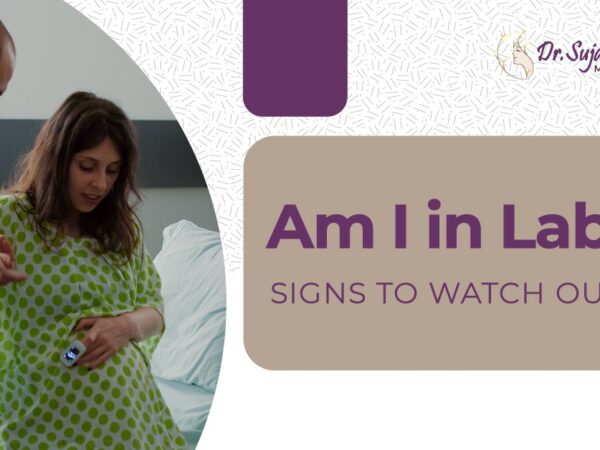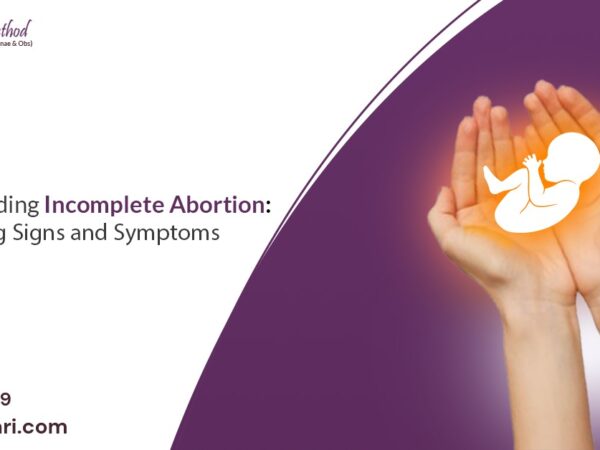Your body needs the sunshine vitamin, or Vitamin D, to absorb phosphorus and calcium. Sunlight is the biggest source of Vitamin D, and the lack of enough exposure can lead to deficiency, which may further result in other health issues. For pregnant women, a deficiency of this vitamin can lead to congenital disabilities and other pregnancy complications. That’s why gynecologist in Majiwada, Thane prescribe vitamin supplements.
How Much Vitamin D Does a Pregnant Woman Need?
Vitamin D helps in building your fetus’s bones, which is why it’s a key component of your diet. Although more research is needed, some experts believe adequate vitamin D intake avoids preterm labor. The question is, how much vitamin D does a pregnant woman needs?
Add at least 15 mcg of vitamin D to your diet during pregnancy. That should suffice. If you are at high risk of vitamin deficiency, talk to your doctor about taking supplements. These are safe and can provide about 600 IUs (15 mcg) of this vitamin daily. Your doctor might recommend a higher dose if you have a severe deficiency. Most pregnant women have to take a supplement containing 1000 to 2000 IUs of vitamin D.
Risk Factors
- Age: Your skin’s ability to absorb vitamin D from the sunlight decreases with age. This puts older people at a higher risk of vitamin D deficiency.
- Alcohol and Smoking: Both should be avoided during pregnancy, breastfeeding, and in general. Alcohol and cigarettes are linked to vitamin deficiency, as they interfere with your ability to absorb the vitamins from your diet.
- Poor Diet: Your diet should contain foods rich in vitamin D. Try to add fortified plant-based milk, sardines, rainbow trout, and eggs to your diet. If you don’t get enough vitamins from food, get supplements.
Other than these, certain medications, such as drugs for controlling bad cholesterol, can interfere with your body’s ability to absorb vitamin D.
Complications from Vitamin D Deficiency
Severe deficiency increases the risk of rickets, muscle diseases, and seizures in your baby. Therefore, it’s important to include the recommended levels of this vitamin in your diet to prevent pregnancy complications, such as preeclampsia and gestational diabetes.
Risk of Preterm Delivery
Pregnant women with vitamin D deficiency are at an increased risk of preterm delivery. Babies born before 37 weeks are also likely to be underweight. These babies need additional care after birth, i.e., if they survive.
Gestational Diabetes
Some women develop diabetes during pregnancy. It usually disappears after birth but can cause various health problems and complications during delivery. Research shows that sufficient vitamin D intake before and during pregnancy reduces the risk of gestational diabetes. Fortunately, there are tons of ways to get rid of vitamin D deficiency other than sunlight exposure. Talk to a gynecologist in Hiranandani Hospital, Thane, to know your options.
Although the sun is an excellent source of vitamin D, regular exposure to the sun and for prolonged periods can darken your skin. That’s why food and supplements are the best sources of essential vitamins.
Have questions?
Whether you’re pregnant already or planning for it, consult your doctor about vitamin D deficiency. It’s important to bridge this deficiency, if any, with the right diet and supplement. Your doctor can help you with this, also extending other support to ensure a successful pregnancy outcome. So, talk to your obstetrician in Hiranandani Hospital, Thane today.
Also Read: Curious About What Happens Inside The Womb? Discover 10 Amazing Things Babies Do Before Birth!



Comments are closed.